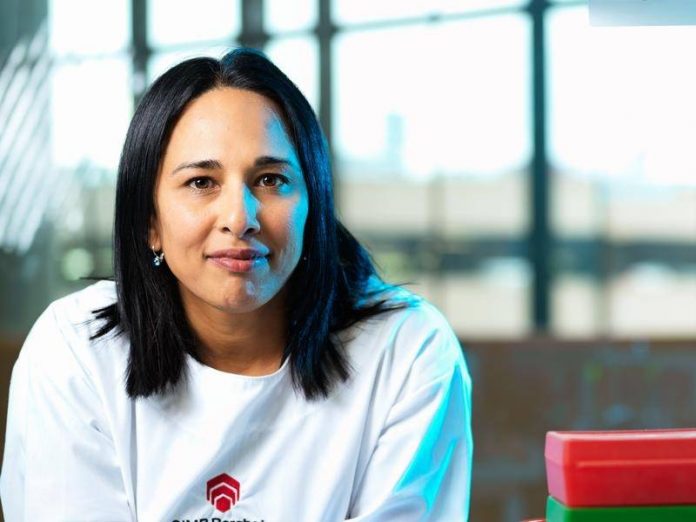Queensland researchers have created two new drugs that could protect unvaccinated people from COVID-19 and prevent symptoms in those who already have the virus.
A team from Brisbane’s QIMR Berghofer Medical Research Institute, led by Professor Subha Rao, has developed the two peptide-based drugs.
The first drug cloaks the ACE2 receptor protein on human cells, which the virus binds to before penetrating cells.
The second drug blocks the virus from hijacking that receptor from the inside, and using it to replicate.
Prof Rao says the two drugs are rapidly acting and could provide people with a layer of protection until they’re fully vaccinated.
“Vaccines are slower in the fact that they are based on the body’s own immune system learning to mount immunity to fight the infection,” she told AAP.
“Our drugs are a very rapid fix. So basically if someone is exposed, if someone believes that they’re exposed, then these drugs work very quickly to prevent the virus from replicating or entering.
“So what’s important here is that in this pandemic, COVID-19 is here to stay and we’re going to need multiple tools in our toolbox.”
The two drugs were developed after Prof Rao’s team found a previously unknown method used by SARS-CoV-2 to penetrate cells.
She explained that the virus latches onto the ACE2 protein receptor and once inside a cell it uses the same receptor to replicate more efficiently.
The two drugs have successfully cloaked and locked the ACE2 receptor in hamsters being tested by French researchers.
If effective in humans, the medicines could be vital for people who haven’t been vaccinated and those unable to be vaccinated such as patients with weaker immune systems.
“We know that many, many people will not be able to take the vaccine so this is one essential part of the arsenal for those sorts of people,” Prof Rao said.
Help keep independent and fair Sunshine Coast news coming by subscribing to our free daily news feed. All it requires is your name and email. See SUBSCRIBE at the top of this article
“For people who’ve been vaccinated, if they know that they’ve been suddenly been exposed to this virus, what this (drug) does is it allows us to help boost the efficacy of the vaccine.”
As the drugs prevent large scale virus replication, Dr Rao said they could help recently vaccinated people build immunity more quickly.
She said the drugs are being developed in aerosol form like an asthma puffer, which is less invasive, cheaper and easier to roll out than vaccines.
The QIMR Berghofer research and the new drugs could even provide a fuller understanding into how some people gain immunity from COVID-19.
Dr Rao said people who had recovered from the virus had a natural padlock on the ACE2 receptor, which was similar to the artificial one her team has made.
“What we’re trying to do is develop other ways of being able to test to see whether, when a person recovers, are they being protected because of this new knowledge that we have,” she said.
The research was on Tuesday published in the journal Nature – Cell Discovery.





